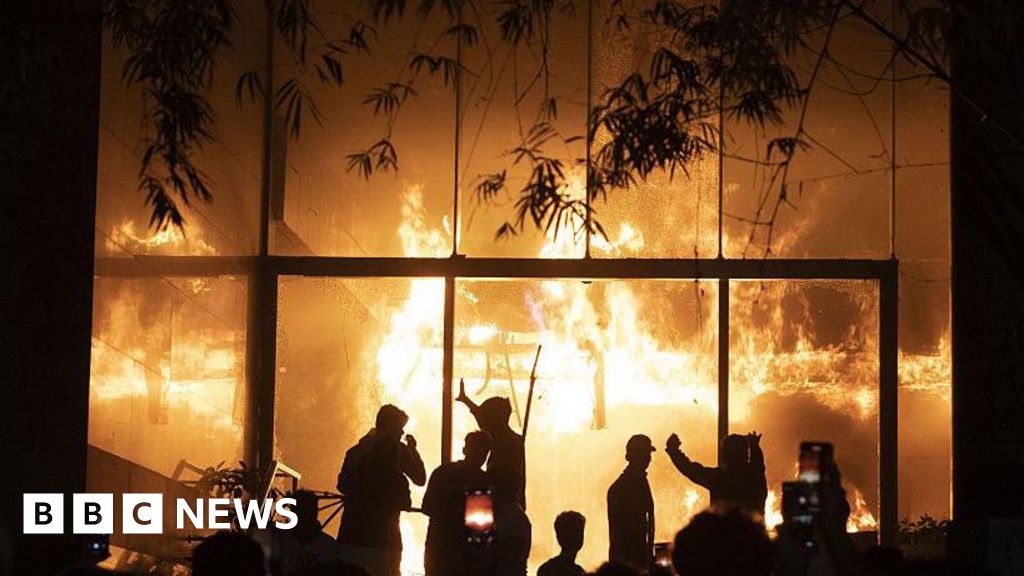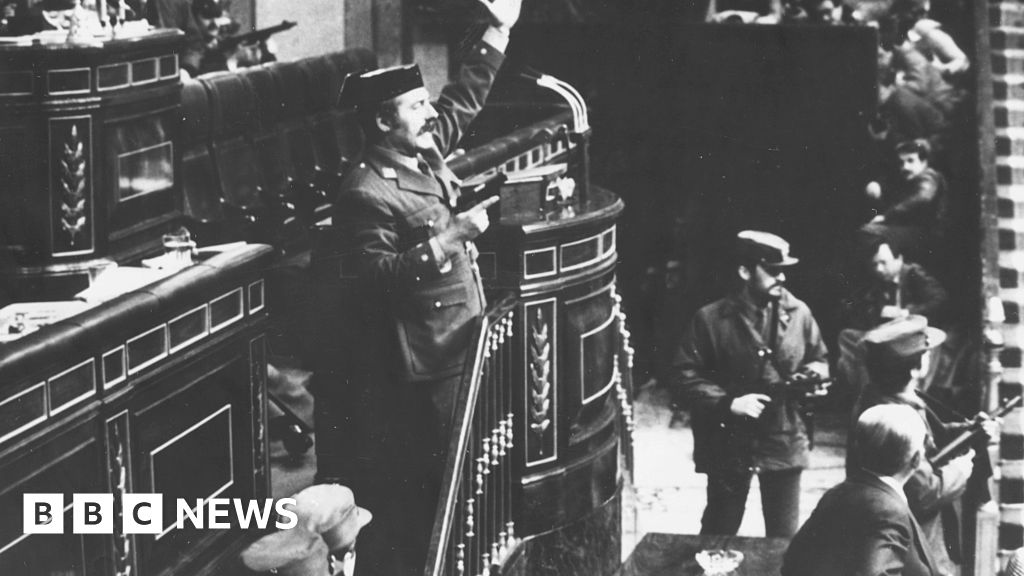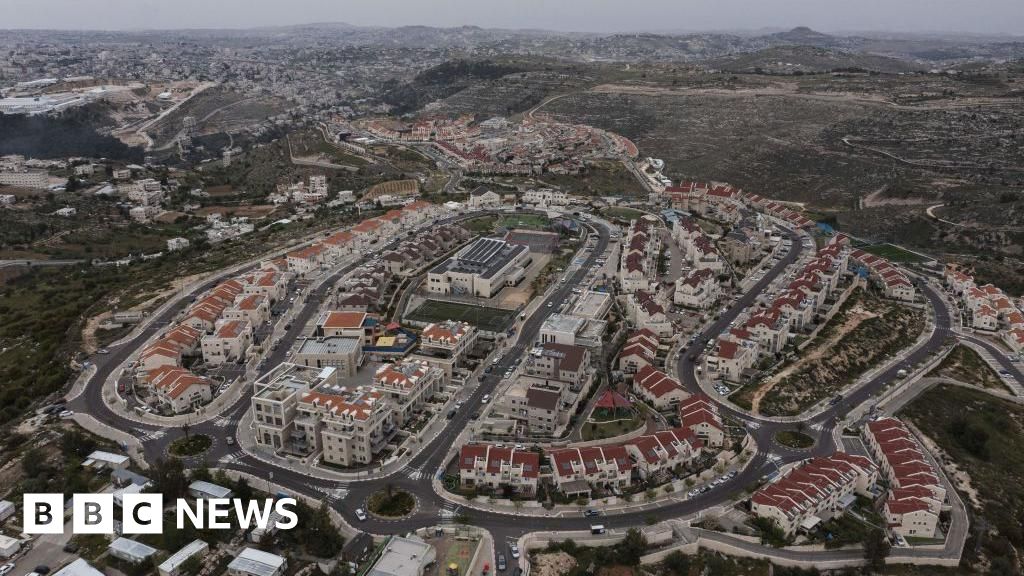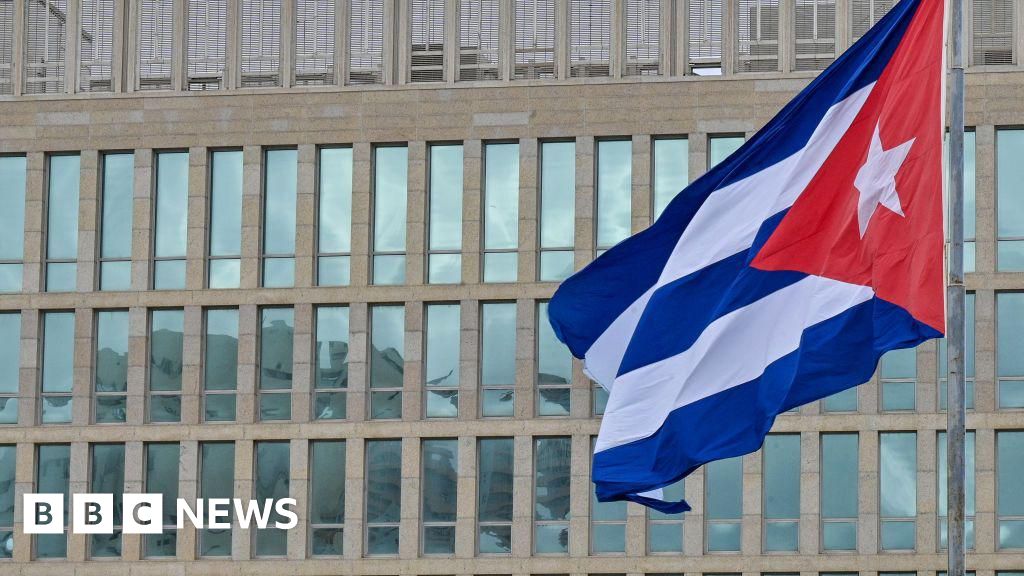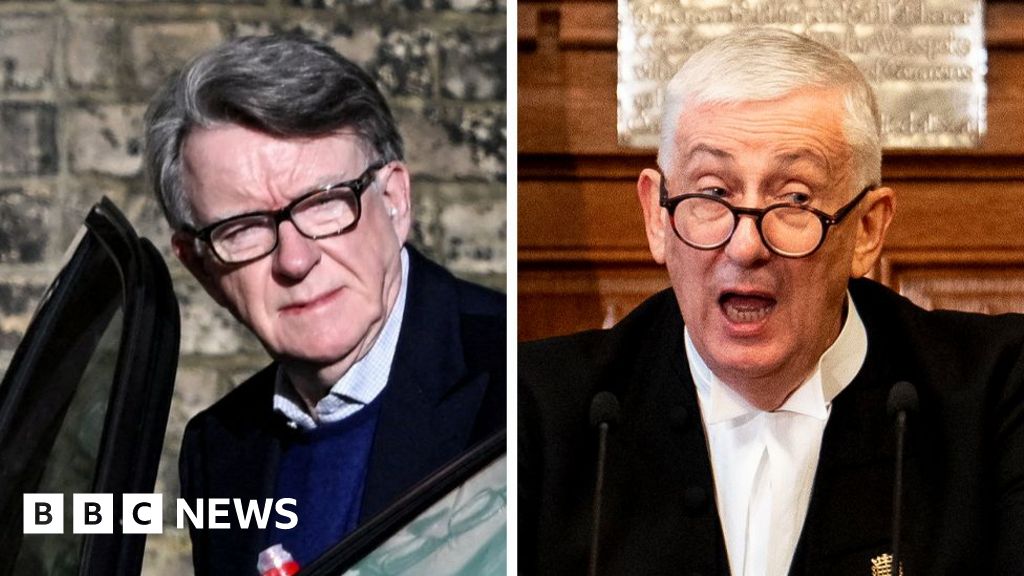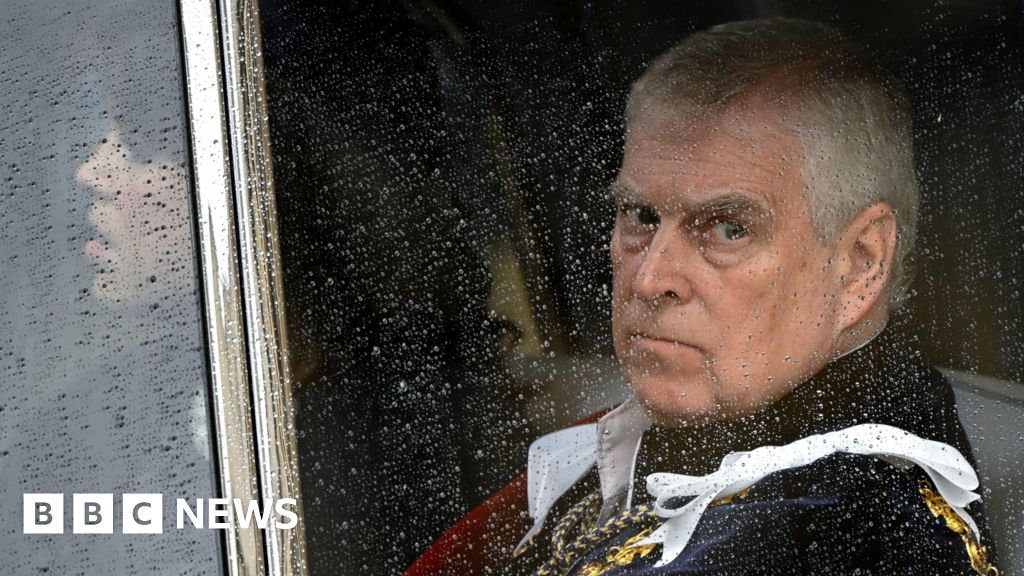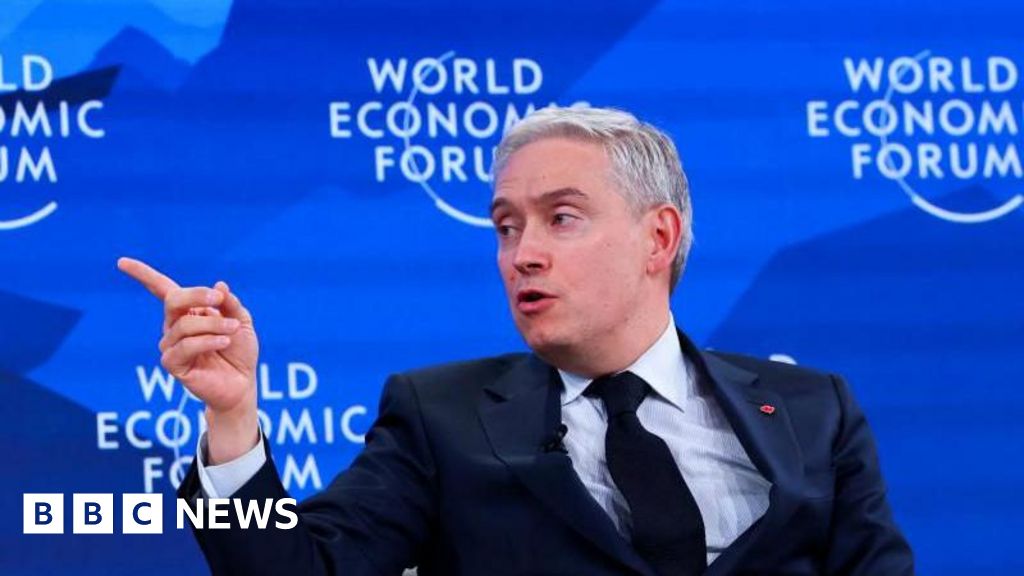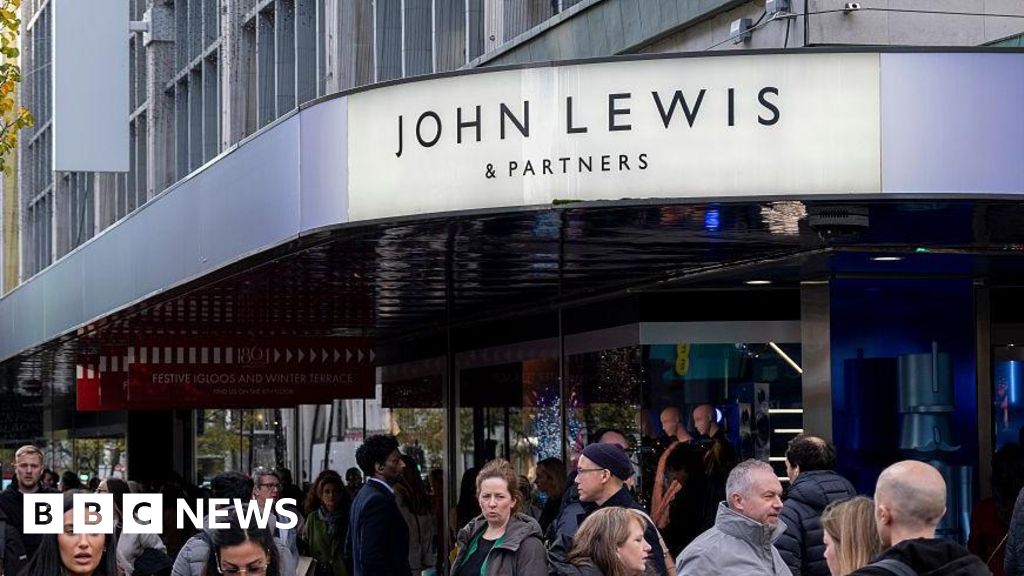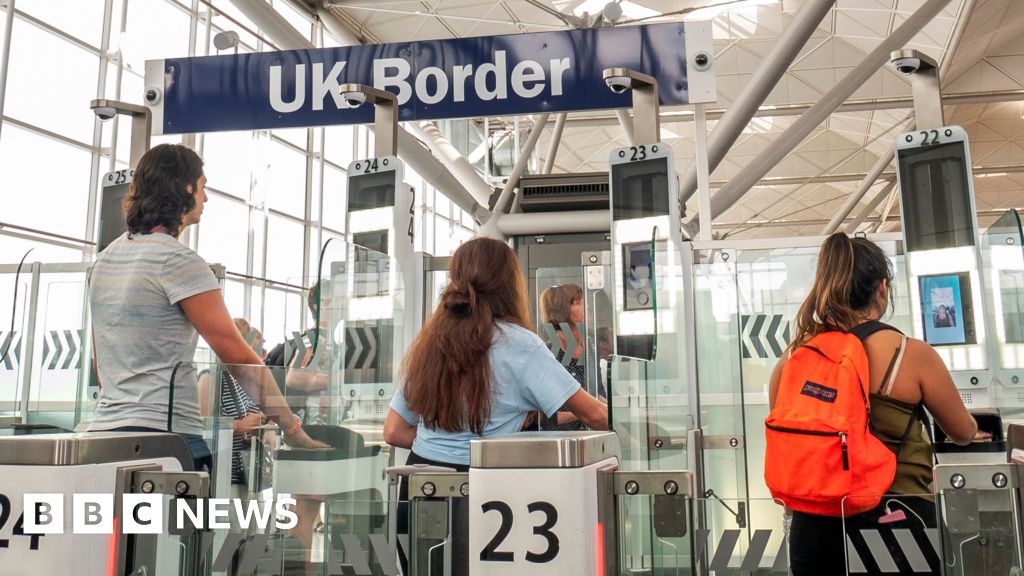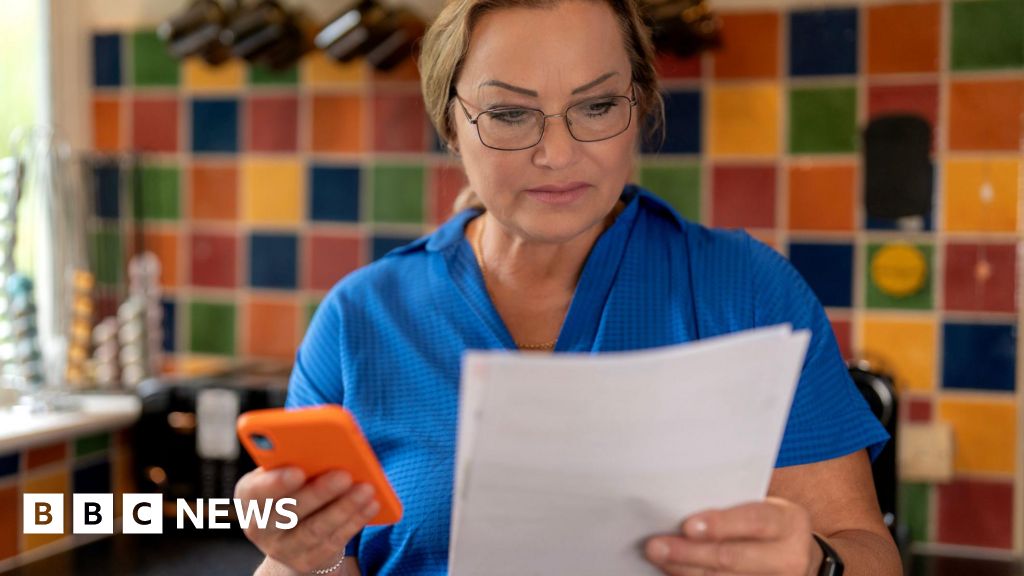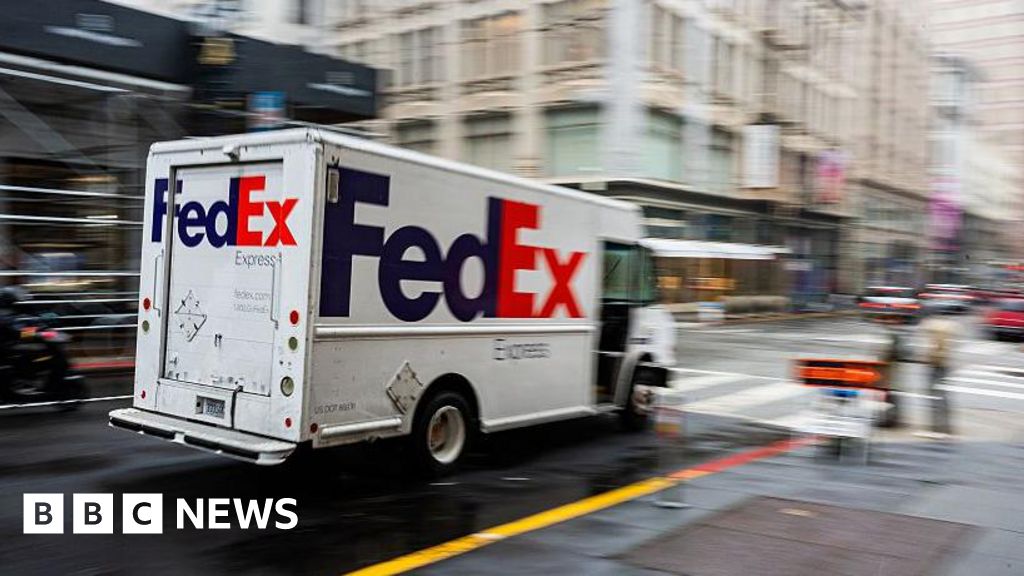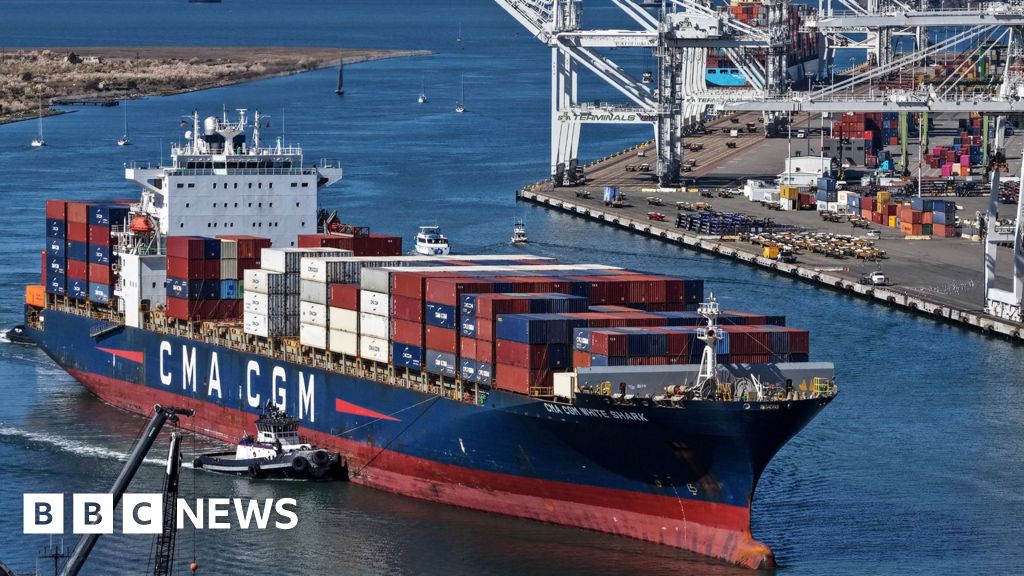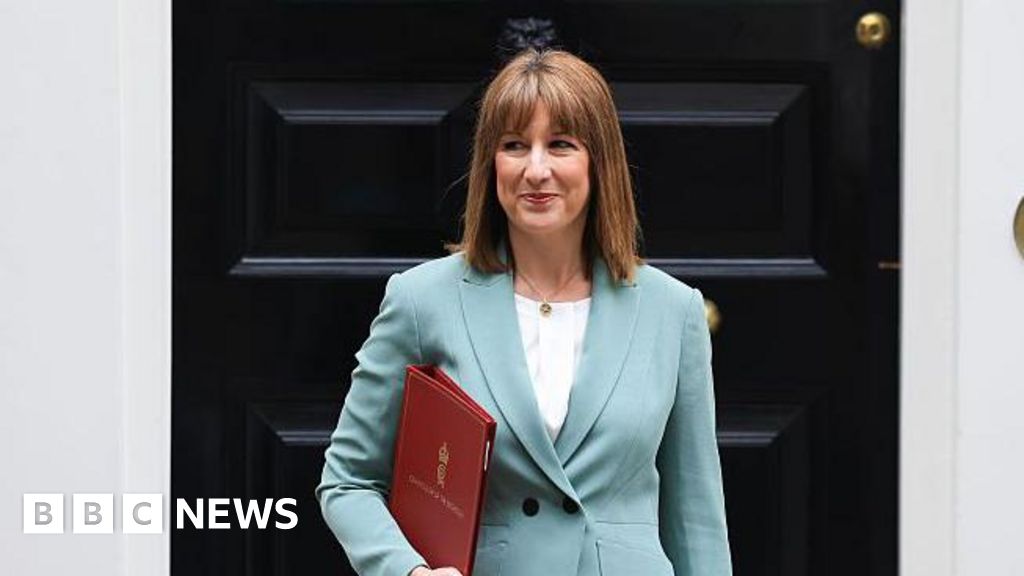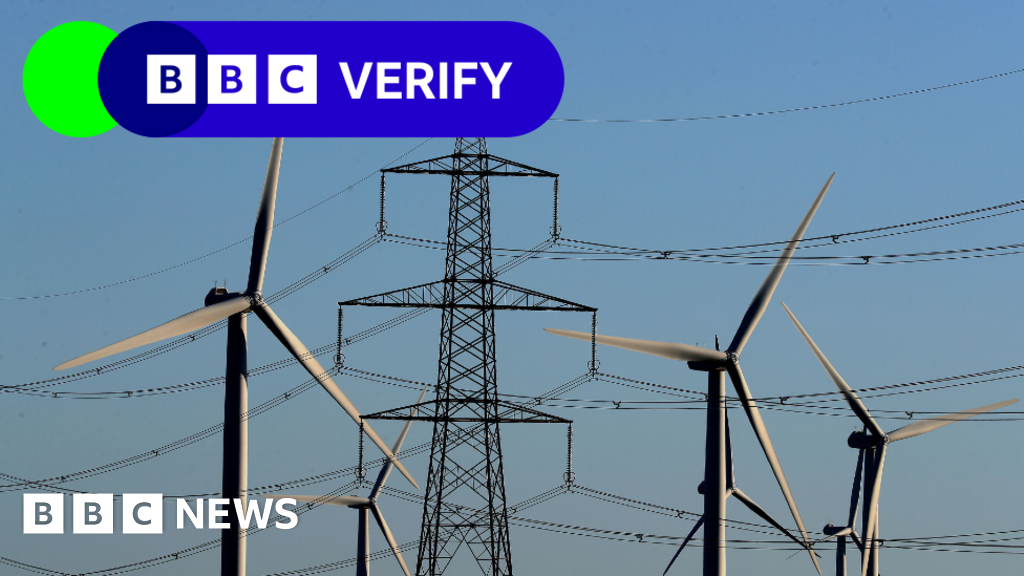BBC Verify
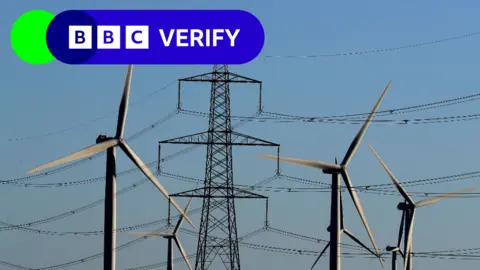 PA
PAThe Energy Secretary Ed Miliband is standing by the government’s pledge to bring down household energy bills by “up to £300 by 2030”.
Energy bills went up in January and are expected to rise again in April and Miliband has faced repeated questions about whether that pre-election promise is deliverable.
He has blamed fossil fuel prices for the rises and says the answer is clean, home-grown power: “the cheapest forms of power are… solar, offshore wind and onshore wind”.
The government wants to remove nearly all fossil fuels from UK electricity production by 2030.
More power is coming from renewable sources than ever before, so why isn’t this translating into cheaper household bills?
There are a number of reasons, including the time and money it takes to make the power system greener, the question of who pays and the way the electricity market is set up.
How do UK prices compare with other countries?
The UK’s electricity is expensive.
Compared with countries in the European Union, UK domestic electricity prices ranked fourth highest in the first half of 2024 – the most recent government data.
This is for consumers with medium usage, including taxes and subsidies.
For industrial electricity, the UK had the highest prices – for medium users – over the same period.
The UK has much higher electricity prices – both domestic and industrial – than other large economies outside Europe, such as the US and Canada.
The largest, and most variable, component of a UK customer’s electricity bill is the “wholesale” price. This is the cost at which suppliers buy it from the companies that generate it.
Other parts of the bill include “network” costs for operating, maintaining and upgrading the power grid, and “policy” costs, which include government levies to help fund environmental projects.
The main reason for the spikes in electricity bills over the past few years has been changes to wholesale costs. This is linked to an increase in international gas prices.
How is the price set?
The price for wholesale electricity is set by a bidding process, with each generating company saying what it would be willing to accept to produce a unit of electricity.
Once built, the cost of generating power from renewables is very low, so these typically come in with the cheapest bid. Nuclear might come next.
Gas generators often have the highest costs, because they have to buy gas to burn, as well as paying a “carbon price” – a charge for emissions.
The wholesale cost is set by the last unit of electricity needed to meet demand from consumers. This means that even if gas only generates 1% of power at a given time, gas will still set the wholesale price.
In Great Britain, this generally happens more often than its European counterparts, where demand can be met more often without relying on gas.
“The main reason why electricity prices are currently high is because the cost of gas – which is what sets the electricity price – is also high,” said a spokesperson from the Climate Change Committee, the government’s independent adviser on cutting emissions.
How cheap is renewable energy?
Renewables can generate electricity cheaply.
But building a wind farm on land – and particularly out at sea – comes with high up-front costs and the planning process is often lengthy.
The government needs to triple wind and solar capacity and to get developers to build this, it needs to provide certainty that they will get a return on their investment.
It does this by agreeing a fixed price – or strike price – that they will be paid for each unit of electricity they generate for 15 years into the future.
If the wholesale price is below this fixed price, the renewable generator gets paid a top up by a government-owned company; if the wholesale price is above the strike price, the generator pays the difference back.
Any costs or savings are then passed onto consumers via bills.
Strike prices were expensive, but have fallen considerably, apart from a small rise from 2022-24 linked to global supply chain pressures.
As more renewables are connected – and operational improvements mean the grid can be safely run on this type of power – there should be more times when gas is not setting the wholesale price.
“There are in practice very few hours at the moment in which gas does not set the price despite being a minority of the overall generation,” said Adam Berman, director of policy at Energy UK, the trade association for the energy industry.
“The more that you are able to have a renewable infrastructure that can deliver electricity at any hour of the day and in any circumstance, the more you are able to move away from gas setting the price.”
What about extra costs?
The UK has an ageing electricity grid, which needs upgrading, partly to accommodate new renewable power sources. There are times when wind power is actually paid not to generate, because the grid cannot handle all the electricity that it could produce.
This adds to the network costs in a bill.
Intermittent renewable sources also require backup for when it’s not windy or sunny. In the short term, this role will be largely filled by gas, but eventually it could be met by storing renewable energy in batteries or by hydrogen power.
Great Britain’s island location means it is more expensive than in continental Europe to build interconnectors – cables to connect electricity systems of neighbouring countries – to help meet periods of low output.
Some analysts have also argued that placing extra social and environmental taxes on electricity bills – rather than gas bills or general taxation – makes electricity artificially expensive.
What is being done?
The government is reviewing the structure of the electricity market, alongside its push for clean power through renewables and nuclear.
In the long term, renewables “will be bringing down overall energy bills, and specifically electricity bills, for the UK,” argues Dr Iain Staffell of Imperial College London.
But savings in the short term are not guaranteed. A faster rollout of renewables could mean upfront costs – for things like upgrading the grid – being passed onto consumers more quickly.
Some analysts have also expressed concern that a rush to secure enough renewables to meet the 2030 goal could mean less competitive “strike prices”, locking in higher costs.
“If you think 10-15 years down the line, you are likely to see the cost for technologies like offshore wind decrease further… but potentially the rush to have to do this in the next couple of years means that you have to lock in a lot of these projects now to make sure that it can deliver [for 2030],” said Pranav Menon, research associate at the Aurora Energy Research think tank.
“That does mean that you are going to push up against stretched supply chains, which could mean that cost to procure that [extra capacity] increases.”
But a rapid roll-out of renewables would also reduce the UK’s dependence on gas – the main cause of the price spike of the past few years – and so there could be benefits sooner if gas prices remain high.
The government says its plans will “bring down bills for households and businesses for good” and lowering them by “up to £300 by 2030” remains an objective.
Additional reporting by Chris Jeavans and Becky Dale





